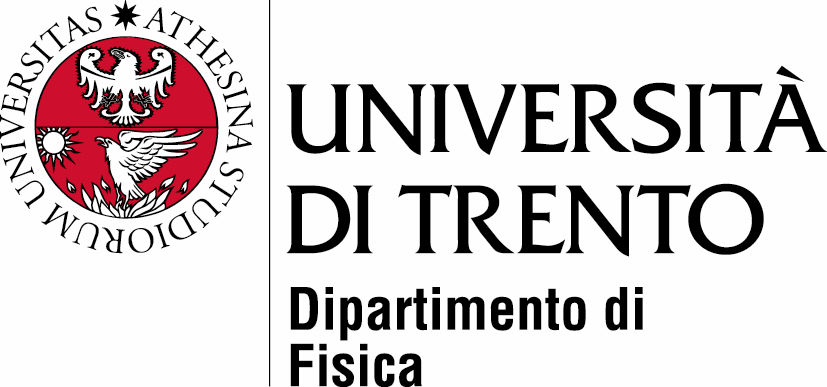BEC Seminar: Solving realistic application problems with quantum algorithms
Abstract
Quantum technology has greatly matured in recent years and various quantum computing hardware platforms are nowadays available to end users. Currently, a very active and important research topic addresses how this technology could be utilized for solving realistic application problems relevant to industry. Apart from necessary but more technological challenges like scaling the number of qubits and developing efficient quantum error correction schemes, there still exist fundamental algorithmic challenges as well. Real-world problems are typically equipped with many constraints which restrict the space of feasible solutions considerably. Also, typical engineering problems need to consider multiple, mostly conflicting objectives, like cost and quality of a product. State-of-the-art quantum optimization approaches are currently not well suited to treat constraints efficiently, and multiple objectives cannot be addressed at all.
In this talk we will present current state of the art approaches to constraints in quantum optimization algorithms, and briefly show novel approaches to handle constraints much more efficiently. We will also present recent ideas to handling multiple objectives in quantum algorithms. Both developments enable the treatment of realistic optimization problems, like the optimization of charging schedules of electric vehicles.
Speaker
Sebastian Schmitt - Honda Research Institute Europe HRI-EU

This initiative is part of the European Project EU HE NeQST:


Funded by the European Union’s Horizon Europe research and innovation programme under grant agreement No 101080086 NeQST. Views and opinions expressed are however those of the author(s) only and do not necessarily reflect those of the European Union or the European Commission. Neither the European Union nor the granting authority can be held responsible for them


